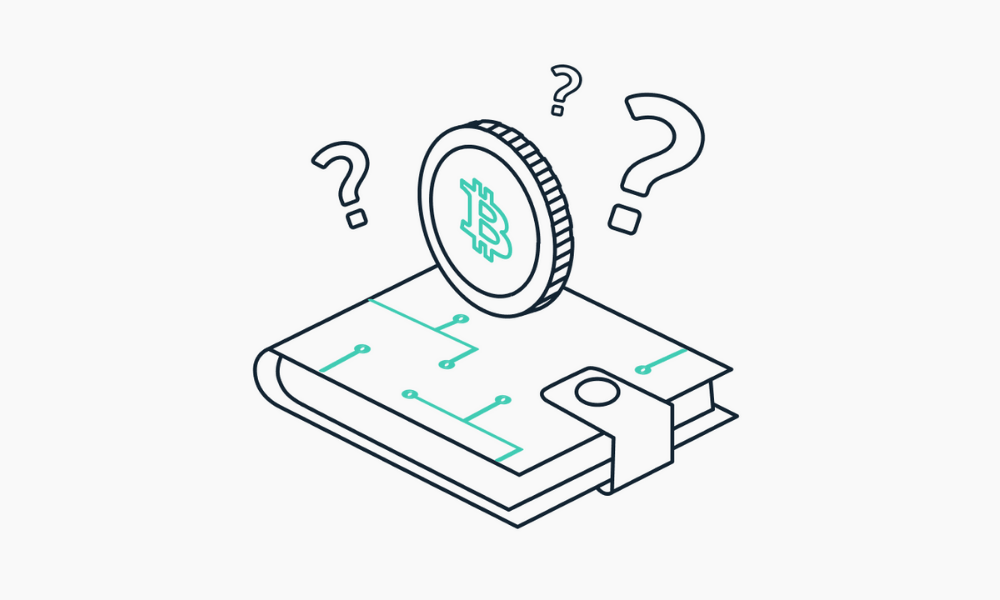The Federal Revenue of Brazil wants investors to pay taxes on cryptocurrency trading profits, even if there is no exchange for Brazil's national currency.
Brazil's Federal Reserve (RFB) has declared that Brazilian investors in the crypto-asset market must pay income tax on transactions that involve the like-kind exchange of cryptocurrencies; for example, Bitcoin (BTC) for Ethereum (ETH).
The RFB's declaration was published in the Diário Oficial da União and was the result of a consultation made by a citizen of the country with the regulator.
At the end of last year, the group issued an opinion in which it claimed that trading between cryptocurrency pairs is taxable even if there is no conversion to the real (Brazil's national currency).
Although it does not specify what can be understood as "profit," since in the exchange of one crypto asset for another there is no capital gain in fiat currency, it points out that there is, even so, the obligation to pay taxes on the eventual profit:
"The capital gain calculated on the sale of cryptocurrencies, when one is directly used in the acquisition of another, even if the acquisition cryptocurrency is not previously converted into reais or another fiat currency, is taxed by the individual's income tax."
However, it should be noted that not all crypto investors need to declare their trades, as the regulator established that only investors who trade more than BRL 35,000 (roughly $7263.67) in cryptocurrencies should pay income tax.
"Capital gains earned on the sale of cryptocurrencies are exempt from income tax if the total value of the sales in a month, of all kinds of crypto assets or virtual currencies, regardless of their name, is equal to or less than BRL 35,000, 00 (thirty-five thousand reais)," declared the RFB.
Federal deputy Kim Kataguiri (Podemos, or the National Labor Party) previously stated that he considers the Federal Revenue's proposal to be illegal and asked the National Congress to decree the immediate suspension of the determination.
According to Kataguiri, the regulation on the calculation and payment of IRPF (Individual Income Tax) establishes that there will only be capital gain in exchanges when currency is involved (articles 134 and 136 of decrees 9580 and 2018) — which is not the case when trading like-kind crypto assets.
"In the exchange between crypto assets, there is no exchange involving currency; one crypto asset is exchanged for another, therefore, there is no equity increase," declared Kataguiri.
The parliamentarian argued that pursuant to article 110 of the Tax Code, the tax law cannot change the definition of private law institutes, and therefore the Federal Revenue does not have the power to change an understanding of the Tax Code.
"If the Union wants to tax the exchange of crypto-assets, legal innovation will be necessary and, even in this case, doubts may be raised about the constitutionality of the new law.
 Exposed In 2022 Exposed In 2022 What is the most accurate trading indicator? |
What we have is a completely illegal interpretation made by the tax authorities, which clearly exceeds the power to regulate," said Kataguiri.
Brazilian investors in the cryptocurrency market have been required to declare their crypto assets to the regulator since 2016. In 2019, the Federal Revenue Service of the country published Normative Instruction 1888.
Which determines that all national exchanges are required to report all cryptocurrency transactions between users to the regulator on a monthly basis. (Cointelegraph)




Comments
Post a Comment